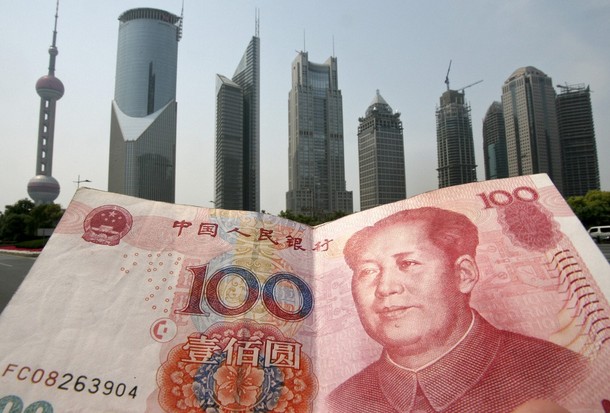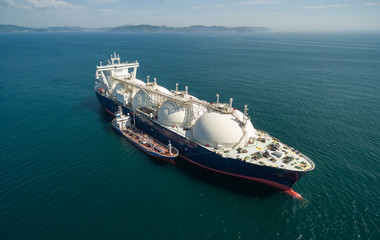 As the United States and Europe deal with economic contraction resulting from excessive credit expansion that many believe has lead to another Great Depression, China’s future remains hazy. Some argue that China has replaced the US as the global engine of growth because of increased internal consumption, export capacity and massive reserves. And for these reasons, China will avoid the same fate as the US and Europe.
As the United States and Europe deal with economic contraction resulting from excessive credit expansion that many believe has lead to another Great Depression, China’s future remains hazy. Some argue that China has replaced the US as the global engine of growth because of increased internal consumption, export capacity and massive reserves. And for these reasons, China will avoid the same fate as the US and Europe.
Not everyone is convinced, however.
Trend Forecaster Gerald Celente believes that the depression is global and a contraction across the entire planet cannot be avoided, and that includes China. Economist Harry Dent holds a similar view, recently saying that, “China will see their bubble collapse strongly when the U.S.-led stimulus program fails due to rising defaults and foreclosures later in 2010, at the same time that the world is looking for China to pull it out of this global downturn.”
Michael Pettis, of China Financial Markets, says that the conditions in China are eerily similar to conditions in the United States right before the 1930’s Great Depression and Japan’s depression which started in the 1990’s and continues even today. According to Pettis, there are a multitude of reasons why China’s massive $2 trillion plus in reserve may not save them from an economic collapse:
Twice before in history a country has, under similar circumstances, run up foreign reserves of the same magnitude.
The first time occurred in the late 1920s when, after a decade of record-beating trade and capital account surpluses, the United States had accumulated what John Maynard Keynes worriedly described as “all the bullion in the worldâ€. At the time, total reserves accumulated by the US were more than 5-6% of global GDP. My back-of-the-envelope calculations suggest that this was probably the greatest hoard of central bank reserves ever accumulated as a share of global GDP, but please check before you accept this claim.
The second time occurred in the late 1980s, when it was Japan’s turn to combine huge trade surpluses, along with more moderate surpluses on the capital account, to accumulate a stockpile of foreign reserves only a little less than the equivalent of 5-6% of global GDP.  By the late 1980s, Japan’s accumulation of reserves drew the sort of same breathless description – much of it incorrect, of course – that China’s does today.
Needless to say, and in sharp rebuttal to [Thomas] Friedman, both previous cases turned out badly for long investors and brilliantly for anyone dumb enough to have gone short. During the early years of the Great Depression of the 1930s, US stock markets lost more than 80 per cent of their value, real estate prices collapsed, and the US economy contracted in real terms by an astonishing 30-40 per cent before recovering in the 1940s.
Japan’s subsequent experience was economically less violent in the short term, but even costlier over the long term. During the period following its astonishing accumulation of central bank reserves, its stock market also lost more than 80 per cent of its value, real estate prices collapsed, and economic growth was virtually non-existent for two decades.
—
In fact, it was the very process of generating massive reserves that created the risks which subsequently devastated the US and Japan. Both countries had accumulated reserves over a decade during which they experienced sharply undervalued currencies, rapid urbanization, and rapid growth in worker productivity (sound familiar?). These three factors led to large and rising trade surpluses which, when combined with capital inflows seeking advantage of the rapid economic growth, forced a too-quick expansion of domestic money and credit.
The world is experiencing an unprecedented economic crisis resulting from a period of credit expansion and growth unlike we have ever seen before. While China may very well become the economic growth engine of the future, the present effects of deleveraging may lead China down the same depressionary spiral as the USA and Europe.
We urge caution for those who have chosen to invest in China as a way to preserve wealth, especially if you have chosen China exclusively. In addition to the economic perils discussed by Mr. Pettis, it is important to remember that China is a communist country. Thus, the data coming out of China related to manufacturing capacity, consumption, exports, bank lending and pretty much anything else must be looked at with skepticism. If you think the GDP and unemployment rate recently released by an open society like the USA is rigged, then imagine the magnitude of machinations of a communist nation.
In China, nothing is as it seems.









0 Comments